Intro
Discover high sugar level symptoms, including diabetes signs, blood sugar spikes, and hyperglycemia warnings, to manage glucose levels and prevent complications.
Maintaining a healthy blood sugar level is crucial for overall well-being. When sugar levels become too high, it can lead to a range of health issues, from mild discomfort to severe complications. Recognizing the symptoms of high sugar levels is essential for prompt intervention and management. High sugar levels, also known as hyperglycemia, can be a sign of an underlying condition such as diabetes, a disorder that affects how the body processes glucose. Understanding the importance of managing blood sugar levels and recognizing the signs of high sugar levels can help individuals take proactive steps towards better health.
The symptoms of high sugar levels can vary from person to person and may not always be immediately apparent. However, being aware of the common signs can encourage individuals to seek medical attention if they experience any unusual or persistent symptoms. Early detection and treatment of high sugar levels can significantly reduce the risk of long-term complications, such as heart disease, kidney damage, and nerve damage. By understanding the causes, symptoms, and management strategies for high sugar levels, individuals can take control of their health and make informed decisions about their lifestyle and medical care.
High sugar levels can be caused by a variety of factors, including diet, lifestyle, and underlying medical conditions. Consuming high amounts of sugary foods and drinks, being physically inactive, and having a family history of diabetes can all contribute to the development of high sugar levels. Furthermore, certain medications, stress, and hormonal imbalances can also affect blood sugar levels. Recognizing these factors and making adjustments to diet and lifestyle can help individuals manage their blood sugar levels and reduce the risk of complications. By being proactive and informed, individuals can take the first steps towards maintaining healthy blood sugar levels and overall well-being.
Understanding High Sugar Levels
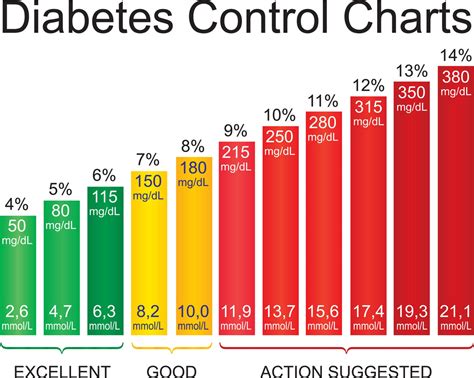
Causes of High Sugar Levels
The causes of high sugar levels can be broadly categorized into two main groups: lifestyle factors and underlying medical conditions. Lifestyle factors, such as a diet high in sugary foods and drinks, physical inactivity, and stress, can all contribute to the development of high sugar levels. Underlying medical conditions, such as diabetes, polycystic ovary syndrome (PCOS), and Cushing's syndrome, can also affect blood sugar levels. Additionally, certain medications, such as steroids and certain psychiatric medications, can increase blood sugar levels. By understanding the causes of high sugar levels, individuals can take proactive steps towards managing their blood sugar levels and reducing the risk of complications.Symptoms of High Sugar Levels
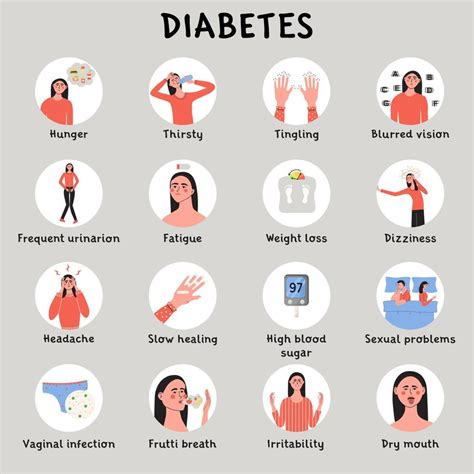
Common Symptoms of High Sugar Levels
Some common symptoms of high sugar levels include: * Increased thirst and urination * Blurred vision * Fatigue * Slow healing of cuts and wounds * Tingling or numbness in the hands and feet * Recurring skin infections * Unexplained weight loss * Fluctuations in blood pressure * Increased risk of infections By being aware of these symptoms, individuals can seek medical attention if they experience any unusual or persistent symptoms, allowing for early detection and treatment of high sugar levels.Diagnosing High Sugar Levels
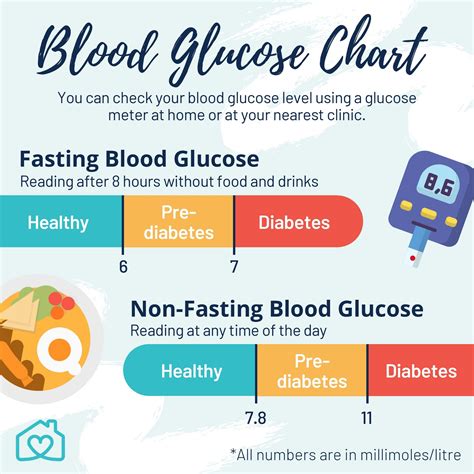
Tests for Diagnosing High Sugar Levels
Some common tests used to diagnose high sugar levels include: * Fasting plasma glucose (FPG) tests * Oral glucose tolerance tests (OGTT) * Hemoglobin A1c (HbA1c) tests * Random plasma glucose tests * Urine tests By using these tests, healthcare providers can determine blood sugar levels and diagnose any underlying conditions that may be contributing to high sugar levels.Managing High Sugar Levels
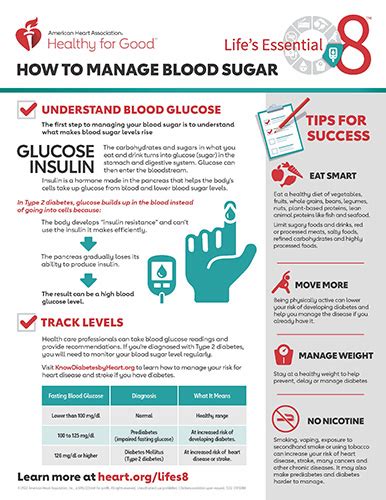
Strategies for Managing High Sugar Levels
Some effective strategies for managing high sugar levels include: * Following a healthy diet * Engaging in regular physical activity * Maintaining a healthy weight * Monitoring blood sugar levels regularly * Attending follow-up appointments with a healthcare provider * Taking medications or insulin as prescribed By implementing these strategies, individuals can manage their high sugar levels and reduce the risk of complications.Complications of High Sugar Levels

Common Complications of High Sugar Levels
Some common complications of high sugar levels include: * Heart disease * Kidney damage * Nerve damage * Eye damage * Increased risk of infections * Slow healing of cuts and wounds * Cognitive impairment By being aware of these complications, individuals can take proactive steps towards managing their high sugar levels and reducing the risk of long-term health problems.Preventing High Sugar Levels
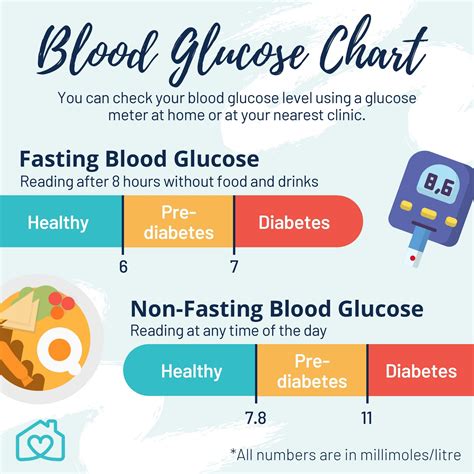
Strategies for Preventing High Sugar Levels
Some effective strategies for preventing high sugar levels include: * Following a healthy diet * Engaging in regular physical activity * Maintaining a healthy weight * Getting regular health check-ups * Managing stress * Getting enough sleep By implementing these strategies, individuals can reduce their risk of developing high sugar levels and maintain overall health and well-being.What are the symptoms of high sugar levels?
+Common symptoms of high sugar levels include increased thirst and urination, blurred vision, fatigue, and slow healing of cuts and wounds.
How can I manage high sugar levels?
+Managing high sugar levels typically involves a combination of lifestyle modifications, such as following a healthy diet and engaging in regular physical activity, and medical treatments, such as medications and insulin therapy.
What are the complications of high sugar levels?
+High sugar levels can lead to a range of complications, including heart disease, kidney damage, nerve damage, and eye damage.
In conclusion, high sugar levels can have serious consequences for overall health and well-being. By understanding the causes, symptoms, and management strategies for high sugar levels, individuals can take proactive steps towards maintaining healthy blood sugar levels and reducing the risk of complications. Whether through lifestyle modifications or medical interventions, managing high sugar levels is crucial for preventing long-term health problems and maintaining overall health and well-being. We encourage readers to share their experiences and tips for managing high sugar levels in the comments below and to consult with a healthcare provider for personalized advice on managing blood sugar levels.
